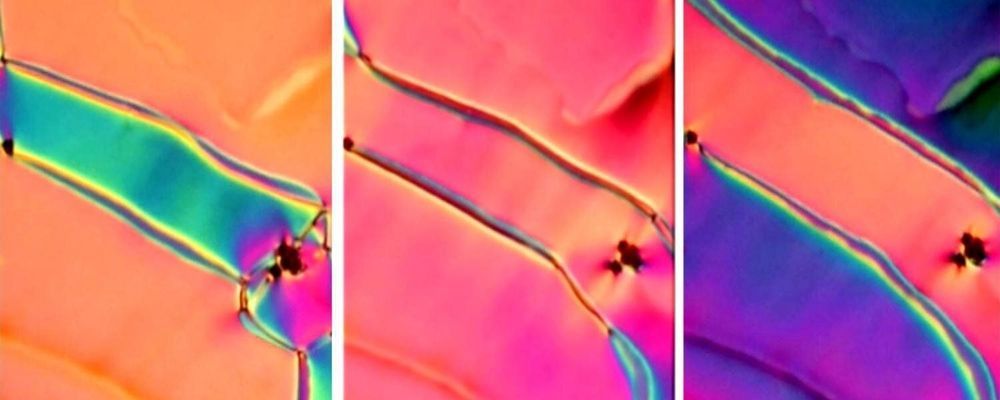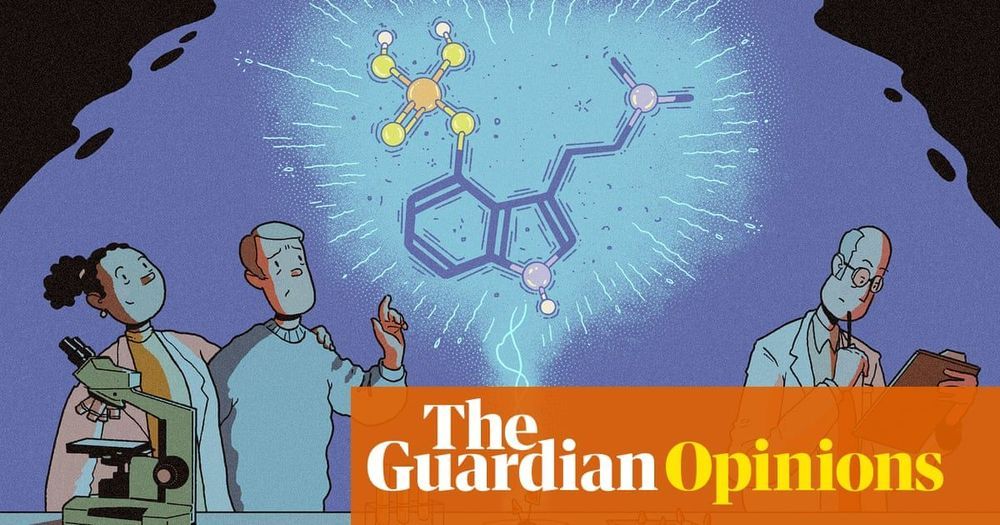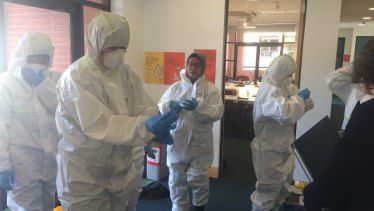Researchers at the University of Colorado Boulder’s Soft Materials Research Center (SMRC) have discovered an elusive phase of matter, first proposed more than 100 years ago and sought after ever since.
The team describes the discovery of what scientists call a “ferroelectric nematic” phase of liquid crystal in a study published today in the Proceedings of the National Academy of Sciences. The discovery opens a door to a new universe of materials, said co-author Matt Glaser, a professor in the Department of Physics.
Nematic liquid crystals have been a hot topic in materials research since the 1970s. These materials exhibit a curious mix of fluid- and solid-like behaviors, which allow them to control light. Engineers have used them extensively to make the liquid crystal displays (LCDs) in many laptops, TVs and cellphones.









